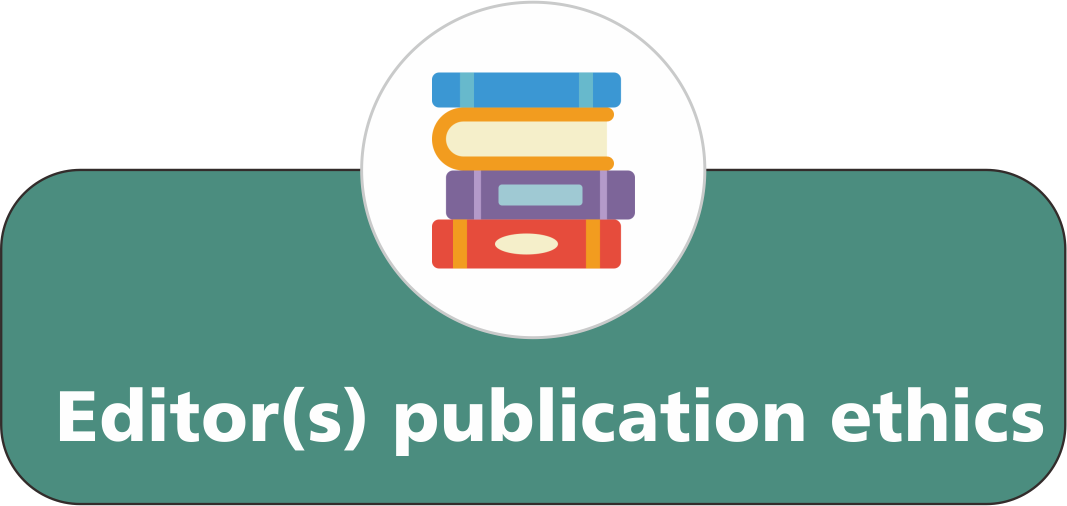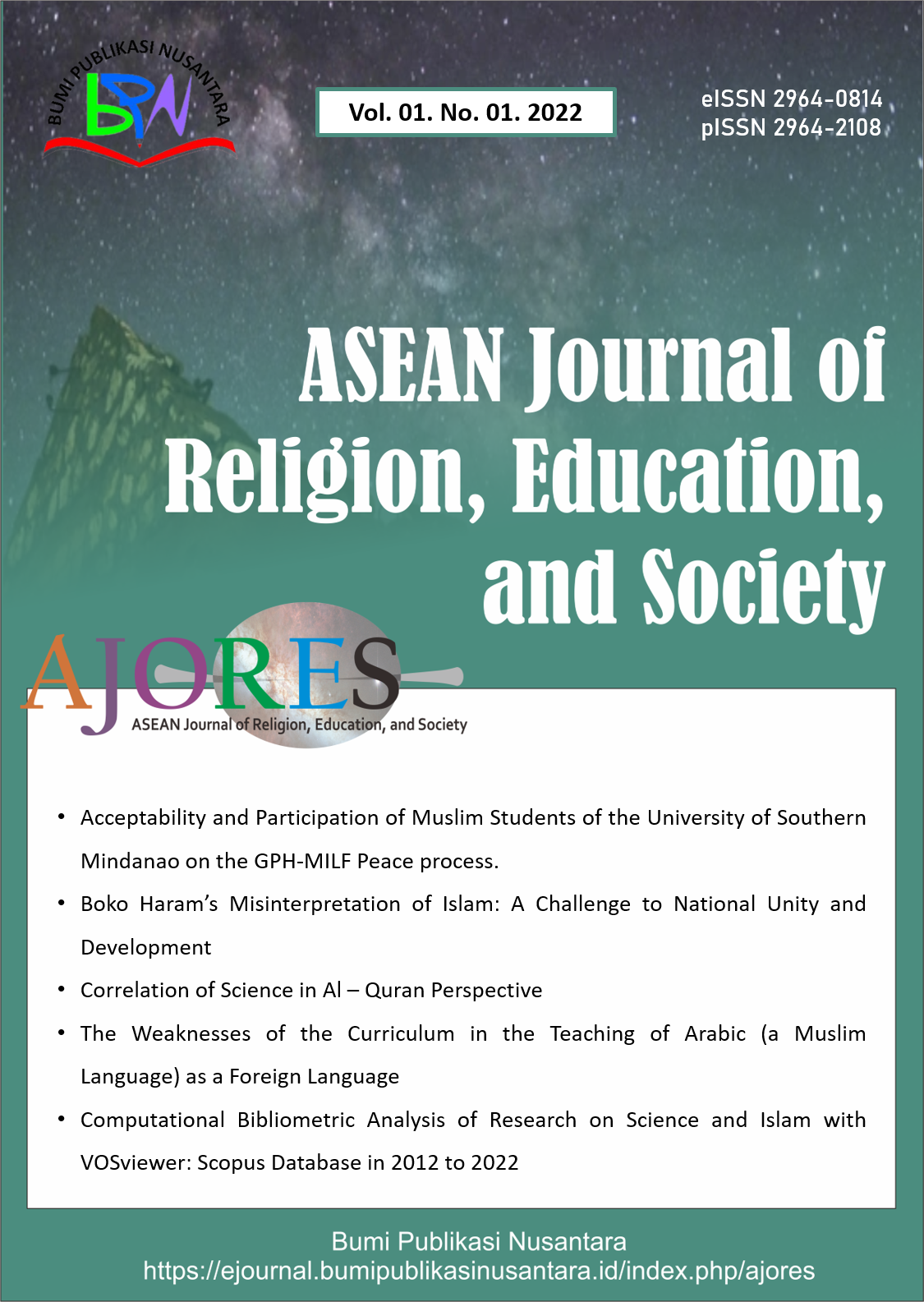Biblical Injunction Why Christians Need to Participate in Politics: An Exegetical Interpretation of Matthew 5:14-16
 ), Moses Aguma Dauda(2),
), Moses Aguma Dauda(2),
(1) ECWA Theological Seminary
(2) Christian Theological Seminary Abuja Campus
 Corresponding Author
Corresponding Author
Abstract
Keywords
References
Daanoy, L. F. D., Cruz, E. H. D. D., Hitalia, P. A. C., Sumpo, W. J. P., and Besa, A. S. (2021). Unveiling the formation of political identities of the Filipino youth in Tacurong City, the Philippines. Indonesian Journal of Teaching in Science, 1(1), 9-12.
Glushchenko, V. V. A. (2022). General theory of organizational behavior: An educational perspective. Indonesian Journal of Multidiciplinary Research, 2(2), 453-468.
Karniawati, N., Simamora, R., and Zain, B. T. (2021). Information communication and technology for political communication ethics. International Journal of Computer in Law and Political Science, 1, 21-26.
Minghat, A. D., Arpentieva, M. R., and Kassymova, G. K. (2023). Anticipation and understanding of events and mental stresses as the effect of changes and transformations in human and social life: An education perspective. ASEAN Journal of Community and Special Needs Education, 2(1), 27-34.
Mojaveri, H. S., Daftaribesheli, M., and Allahbakhsh, A. (2016). The relationship between social performance and corporate financial performance. Indonesian Journal of Science and Technology, 1(2), 216-231.
Müller, R., and Lund, S. T. L. (1981). The Second Coming of Jesus. Studies, 19, 127-135.
Nji, A. N. (2023). Holistic Impact: The Role of Individual Christians as Salt and Light in Poverty Alleviation. ShahidiHub International Journal of Theology and Religious Studies, 3(1), 91-116.
Pienaar, F. J. (2023). Salt and Light: Reading Matthew 5: 13-16 within the Context of the Matthean Community. Conspectus: The Journal of the South African Theological Seminary, 35(1), 43-60.
Runesson, A. (2008). Rethinking Early Jewish—Christian Relations: Matthean Community History as Pharisaic Intragroup Conflict. Journal of Biblical Literature, 127(1), 95-132.
Sindani, P. K. (2023). An Examination of Matthew 5: 13–16; 28: 19–20 on the Mission of the Church: A Case of the Church in the Democratic Republic of Congo. ShahidiHub International Journal of Theology and Religious Studies, 3(2), 238-255.
Article Metrics
Abstract View : 1852 times
: 1852 times Download : 1041 times
Download : 1041 times
Refbacks
- There are currently no refbacks.
Copyright (c) 2023 Bumi Publikasi Nusantara

This work is licensed under a Creative Commons Attribution-ShareAlike 4.0 International License.







